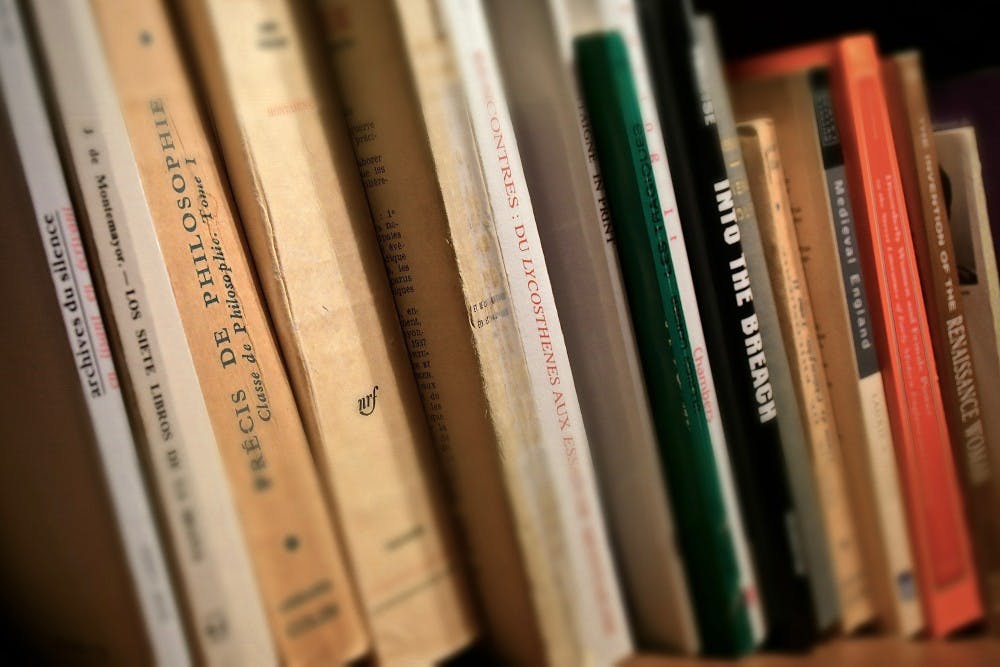Living in a pandemic leaves you with little to do to keep yourself entertained. To help combat impending boredom, The Prospect has launched a series in which our staff recommend content and creative outlets to keep you occupied while you’re stuck in your home. This week, our writers and editors read books from a multitude of genres that are sure to keep you feeling good with finals looming ahead. Here are the books that we recommend you read during quarantine.
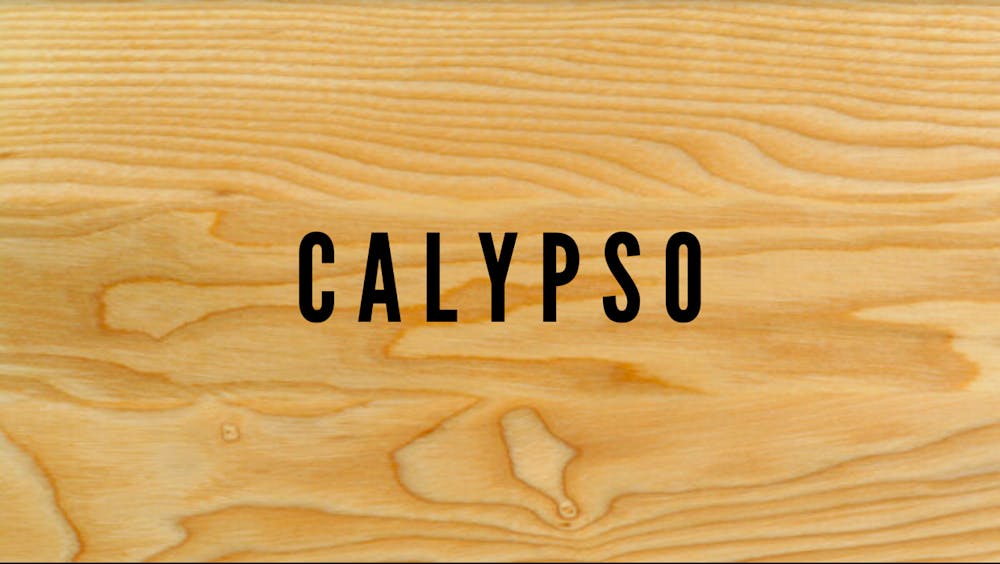
“Calypso” (2018) by David Sedaris
Recommended by Prospect Writer Jack Allen ’21
It was only when I began packing up all my belongings to leave campus that I realised the front cover of David Sedaris’s “Calypso” had been staring down at me the entire semester. Despite the mad rush I was in and the sadness I was feeling at the prospect of leaving campus so prematurely, I couldn’t help but laugh at its sardonic irony — the flat, glum expression (assembled from three wood rings and a line drawn in permanent marker) that peered down from my bookcase pretty much summed up how I felt at that moment.
An odd choice of a front cover for an essay collection from one of America’s foremost humorists, you might reckon. Indeed, Sedaris’s hilarious encounters with Japanese shop assistants, fans of his work, and even language itself are great uplifters in times such as these. At the same time, Sedaris’s incredibly powerful introspections on mortality and losing a loved one are crafted with no less emotion and raw honesty.

Deftly able to move between deadpan humour about our FitBit overlords and sensitively exploring grief with equal success, one thing of “Calypso” is certain: you won’t be able to leave any of these 21 essays with a glum expression on your face.
“Calypso” is available for purchase at Labyrinth Books and IndieBound.
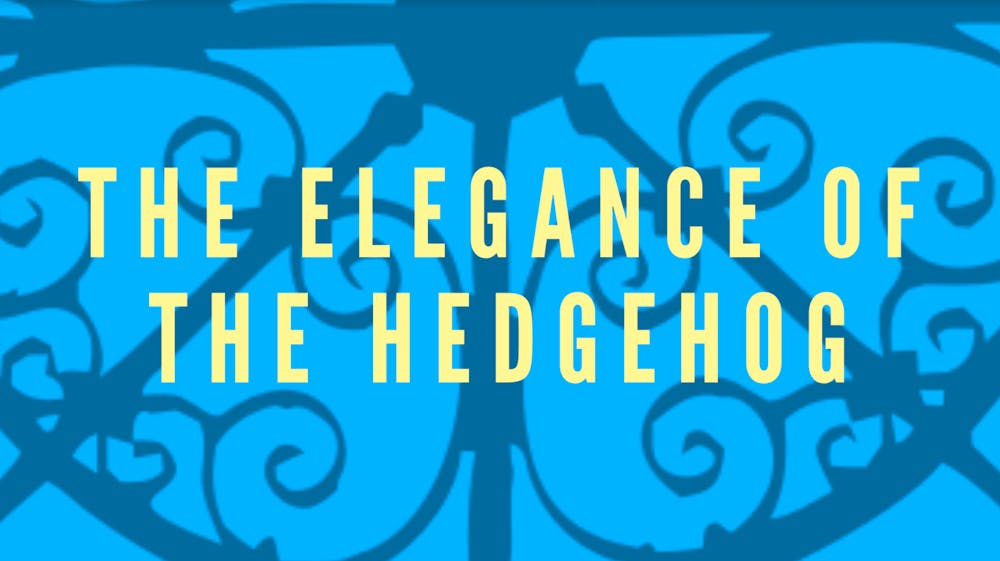

“The Elegance of the Hedgehog” (2008) by Muriel Barbery
Recommended by Prospect Writer Annabelle Duval ’23
“The Elegance of the Hedgehog” tells the story of Renee, the intellectual, slightly grumpy concierge at seven rue de Grenelle, a luxury apartment building in Paris. Renee consumes literature and philosophy in her apartment but shares her knowledge and love for learning with no one, except her cat. Chapters alternate between Renee’s first-person narrative concerning her day-to-day life and journal entries called “Profound Thoughts” by twelve-year-old Paloma, who lives in the building.
Paloma is a child genius, but like Renee, she hides her true thoughts and opinions from her rich, snobby family members. On the outside, Paloma and Renee seem like exact opposites. Yet, their alternating chapters show how similar their minds are, and their reflections read like essays on the meaning of life, beauty, and time.
“The Elegance of the Hedgehog” is the perfect book for reading period because these short chapters (varying in length from a page to seven pages) will give you a lovely, five-minute study break when you simply cannot look at your papers any longer. Each chapter will remind you of the moments of beauty that can be found every day and encourage you to stop and fully experience these moments. Think of the chapters as bite-sized pieces of wisdom and life advice.
As the novel progresses and the characters’ lives intertwine, Barbery elegantly draws you in and reveals the vulnerability, joy, and pain of Renee and Paloma’s lives. The ending is heart-wrenching, but this novel will provide some much-needed perspective and philosophical guidance during reading period.
“The Elegance of the Hedgehog” can be purchased at Labyrinth Books for $8.46.
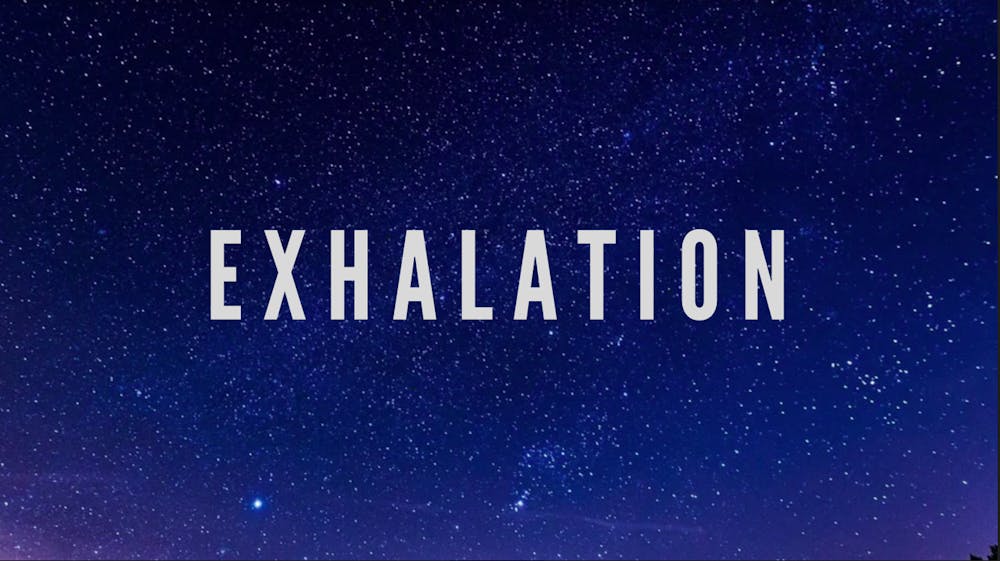
“Exhalation” (2019) by Ted Chiang
Recommended by Prospect Editor Paige Allen ’21
If the current reality of the world feels too much like science fiction to you, I’d recommend picking up Ted Chiang’s best-selling collection of stories, “Exhalation.” You might be familiar with Chiang’s work already if you saw the 2016 film “Arrival” (one of the movies recommended last week by our Prospect staff). “Arrival” was based on Chiang’s novella “Story of Your Life,” published in a previous collection.
Named one of The New York Times Book Review’s 10 Best Books of 2019, “Exhalation” takes the science fiction story to a new level. Chiang demonstrates an unparalleled ability to construct detailed and complex systems as with each story he introduces a new reality with its own set of rules, sometimes vastly different from that which governs our own universe.
These detailed worlds displace you from the reality we live in, simultaneously providing a sense of escape and a new perspective from which you can better recognize the frightening and dystopian elements of our own situation.
As a collection of short stories, “Exhalation” is perfect for reading period as you can commit to a story at a time and read them in whatever order you’d like. I liken the experience of reading “Exhalation” to watching Netflix’s dark science fiction show “Black Mirror”: when you’re in the right mood, you can certainly binge Chiang’s careful and engaging prose, but you might have to pace yourself, especially after some of his most mind-blowing selections.
While I’d recommend ordering the book from an independent bookseller (it’s available at Labyrinth with free shipping in New Jersey and a student discount if you order by phone), many of the stories in the collection can also be found online with a quick Google search.
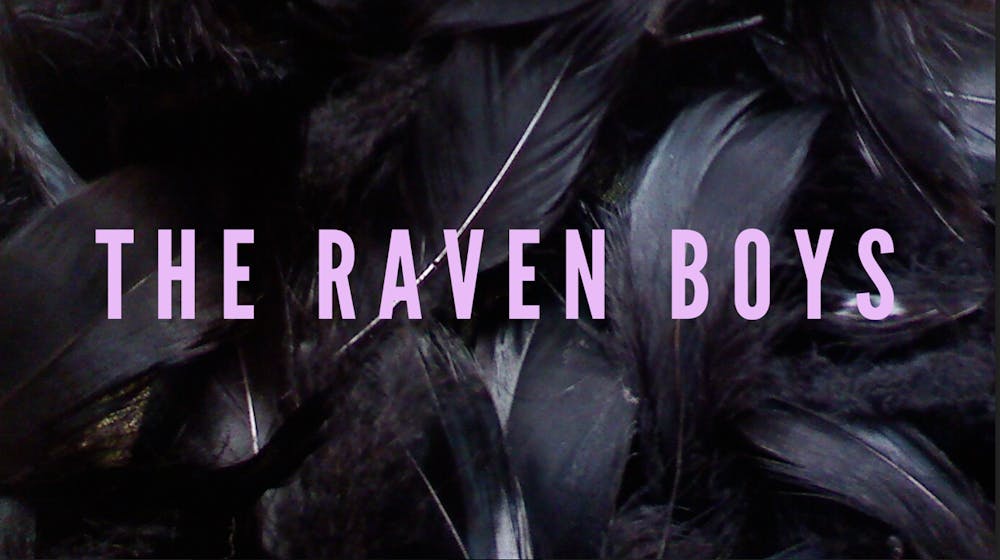
“The Raven Boys” (2012) by Maggie Stiefvater
Recommended by Prospect Writer Monique Legaspi ’22
No matter how old I get, and no matter how much “mature” and “educational” literature I consume in the name of academia, I will never unlearn my rapturous, all-encompassing love for young adult novels. There is nothing like the drama of first love, the excitement of a fantastical adventure, and the pure joy and sorrow that comes with discovering oneself.
I really believe that no one outgrows the young adult genre, and since most of us are already in our childhood homes, uncovering our long-lost teen obsessions, we might as well re-read some cult classics. And so, I present to you my latest and most favorite escapade into the adolescent literary canon: “The Raven Boys,” by Maggie Stiefvater.
“The Raven Boys” follows Blue Sargent, a Virginian girl who, in a family of psychics, has no psychic powers at all. On St. Mark’s Eve, Blue sees the spirit of a boy, Gansey, who is destined to die within the next year, and her mother tells her that she is either this boy’s true love, or his killer. Not long after, she meets Gansey — and, by extension, his strange friends, Ronan, Adam, and Noah — and is inadvertently pulled into their quest to find a sleeping Welsh king who will grant them their wildest wishes.
Among the story’s best features are the supernatural worldbuilding; the smart one-liners; Ronan’s pet raven, Chainsaw (surprisingly, not why they are called the Raven Boys); and the bleeding-through of Stiefvater’s peculiar but endearing obsession with cars.
Now, the secret: I’m only recommending “The Raven Boys” because its sequel, “The Dream Thieves,” is one of the most incredible YA novels I’ve ever read. The prose is gorgeous, the fight sequences are absolutely bonkers, and there’s a marvelous thematic parallel between a tense political dinner and a desperate race to pull an entire physical car out of someone’s dreams.
“The Raven Boys,” in comparison, is a bit slow-going. It’s largely expositional, and it honestly took me three tries to finish. But this series is one huge, masterfully-crafted character study at heart, and you slowly but surely grow to love every single kid with your whole being. I can’t recommend it enough — especially since there’s already a television adaptation in the works!
“The Raven Boys” and its sequels are available at Labyrinth Books and on IndieBound.
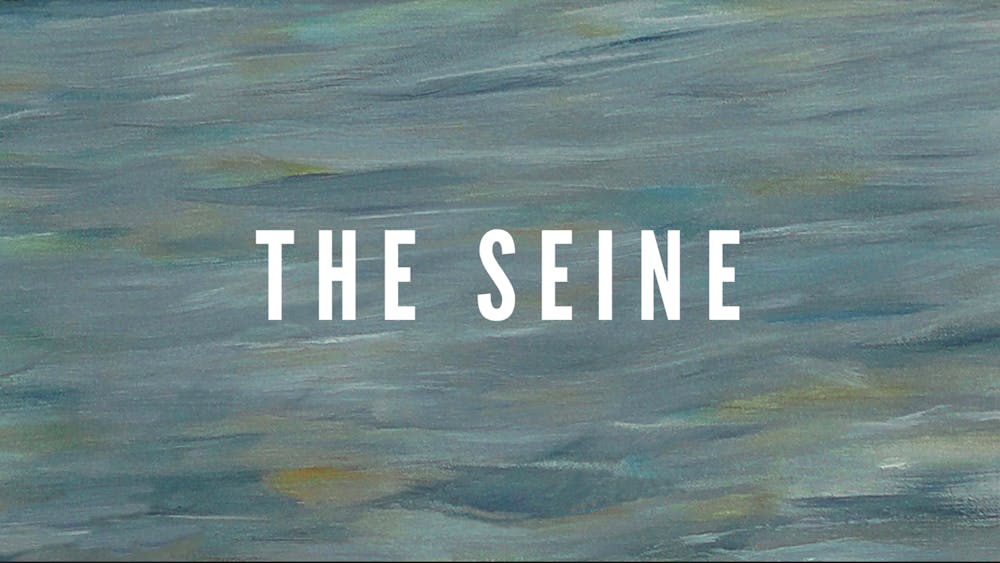
“The Seine: The River that Made Paris” (2019) by Elaine Sciolino
Recommended by Prospect Writer José Pablo Fernández García ’23
During the fall semester’s midterms week, I decided to take a short break from studying by attending a book talk in East Pyne. The talk was given by Elaine Sciolino about her new book “The Seine: The River that Made Paris,” and almost as soon as the talk finished and the applause subsided, I rushed over to Labyrinth Books to get my hands on a copy of the book.
In addition to her ties to the University as a visiting Ferris Professor of Journalism and member of the Department of French and Italian’s advisory council, Sciolino is a writer and former Paris bureau chief for “The New York Times.” Her love and knowledge of the Seine, of Paris, and of France were all on full display throughout her talk, and the couple of excerpts she read were a window into the vibrant writing found throughout the entire book.
The book is structured as a journey from the river’s source, through Paris, and then out to sea. Each chapter is like actually travelling along the river through France, visiting everything from champagne vineyards to the banks where the Impressionists once painted. If you too want to make this journey while stuck at home in quarantine, order this book, and maybe one day an actual trip to the places mentioned in the book will again be possible.
“The Seine: The River that Made Paris” can be purchased from Labyrinth Books or another independent local bookstore through Indiebound.
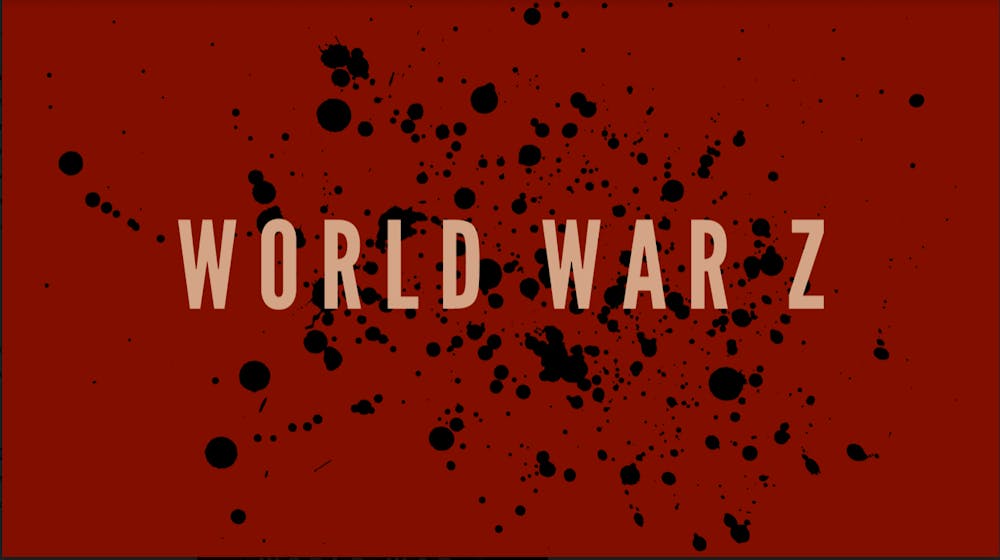
“World War Z” (2006) by Max Brooks
Recommended by Prospect Writer Sreesha Ghosh ’23
A couple days after I synopsized “World War Z” for my suite-mate in an attempt to prep for my English exam in January — describing the zombie apocalyptic horror novel as a devastating global conflict succeeding a zombie plague that had its beginnings in Chongqing, China — she sent me an article about the inceptive outbreaks of the coronavirus, startled by its origination in Wuhan. At that time, it was a fascinating coincidence that the two of us marveled about. Now, the social politics of a seemingly far-fetched, dystopian novel feel devastatingly real.
“World War Z” is written as a historical account — excerpts of interviews with individuals from different countries are brought together to form a cogent and chronological retelling of the zombie war. While the novel serves primarily as a scathing commentary on the George W. Bush administration in the United States, its insights are still valuable in a larger context.
The terrifying thing about zombies is “the mindlessness behind [them],” said Brooks in a Washington Post Live Q&A about his novel. “Any kind of mindless extremism scares me, and we're living in some pretty extreme times.” In exploring how mankind reacts and responds to the zombie crisis, the novel raises significant questions about government, corruption, and mass alarm, all while arguing that the current politics of our society are so heavily characterized by our own forms of mindlessness that they leave us entirely vulnerable in the face of apocalypse.
For a book written in 2006, it is fascinating to consider that “World War Z" has probably never been so relevant as it is in the time of quarantine. Not only is 2020 the poster child for Brooks’ aforementioned “extreme times,” but the novel’s themes of politics, hysteria, and mindlessness hit very close to home right now.
Perhaps reading a novel about a zombie pandemic is not the most ideal way one can pass the time while quarantined from another outbreak. Even worse, it may fan unnecessary anxiety and panic — but the takeaway for this novel should not be the complete breakdown of society. What is important is the way humanity reacts to the threat: greed, violence, disregard for fellow man.
Contained in these stories are all the reasons not to act that way — an old lesson, but one worth learning over and over again. The time for escapism is over, and it’s more important than ever to know that the pandemic is real, but also that the fallout is avoidable — if only we know what not to do.
“World War Z” is available at Labyrinth Books.





